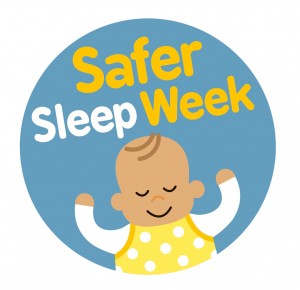KCC Infant Feeding Support Consultation relaunched
 Community Infant Feeding Support
Community Infant Feeding Support
Kent County Council
Opens: 23 Oct 2017
Closes: 3 Dec 2017
The consultation, originally launched on 18th July, has been reviewed and is relaunched here as outlined in Paul Carter’s statement posted on the Kent County Council consultation page on 4 August.
We would like to hear your views on proposed changes to how Community Infant Feeding Support is provided in Kent. Currently generic support is provided by the Health Visiting Service and specialist support is provided by PS Breastfeeding CIC.
The proposed model is that from 1st April 2018 the Health Visiting Service (provided by Kent Community Health NHS Foundation Trust (KCHFT)) will deliver all infant feeding support. In designing the proposed model, Kent County Council has looked to ensure that families are still able to access the support they need, at the same time as making best use of the existing professional skills and resources within the Health Visiting service.
KCC is confident that Health Visitors can now deliver generic and specialist breastfeeding services in addition to the mandatory universal contacts and support it provides, and therefore does not wish to commission provision which duplicates the health visiting offer. (more…)




